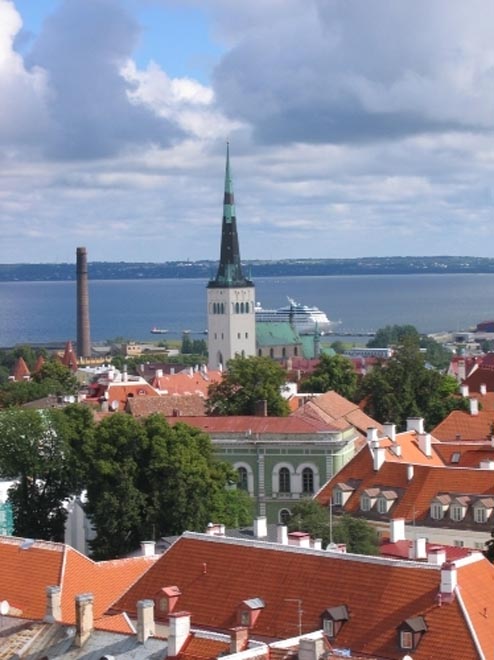Estonia's economy is sufficiently fit to permit the country to become the 17th member of the eurozone, the European Commission ruled on Wednesday, after examining the country's debt, deficit, inflation and interest rate levels, DPA reported.
"Estonia has achieved a high degree of sustainable economic convergence and is ready to adopt the euro on January 1, 2011," European Commissioner for Economics Olli Rehn said in a statement.
The commission's positive assessment came in the wake of the most serious crisis in the European Union single currency's history, which led eurozone leaders to agree to an unprecedented bail-out for Greece and prepare aid in case other heavily-indebted countries need it.
According to Rehn, "the assessment and our proposal is also a strong signal about the euro area and to the EU more broadly," testifying that sound economic policies such as those adopted by Estonia "generate concrete results."
The Baltic country has had an average budget surplus of 1.8 per cent of gross domestic product (GDP) between 2002 to 2007, deteriorating to a deficit of minus 2.7 per cent in 2008 and minus 1.7 per cent in 2009 as a result of the economic crisis.
That is still well within the eurozone's threshold of 3 per cent.
Similarly, Estonia's average gross government debt over 2002-2007 was some 4.9 per cent of GDP annually, rising to 7.2 per cent in 2009, compared to a eurozone limit of 60 per cent.
However, Estonia's average annual inflation was running high until the economic crisis struck, with a 3.8 per cent average during 2002- 2007, compared to the eurozone's 2.2 per cent.
The Brussels-based EU executive said the country's "price performance (is) sustainable" as average inflation fell to minus 0.7 per cent in the 12 months to March 2010.
But it warned that "Estonia will need to remain vigilant to keep inflation at a low level," and added it may need to raise taxes to keep domestic demand in check.
In order for Estonia to be welcomed in the eurozone, Wednesday's approval will have to be confirmed by the EU's finance ministers in July.
So far, no positive recommendation by the commission on eurozone enlargement has ever been contradicted by EU member states.
The single currency zone was launched January 1, 1999 initially with 11 members. In the meantime five further countries joined the eurozone, most recently Slovakia on January 1, 2009.
Estonia fit to join to eurozone, EU commission says
Estonia's economy is sufficiently fit to permit the country to become the 17th member of the eurozone, the European Commission ruled on Wednesday, after examining the country's debt, deficit, inflation and interest rate levels.






